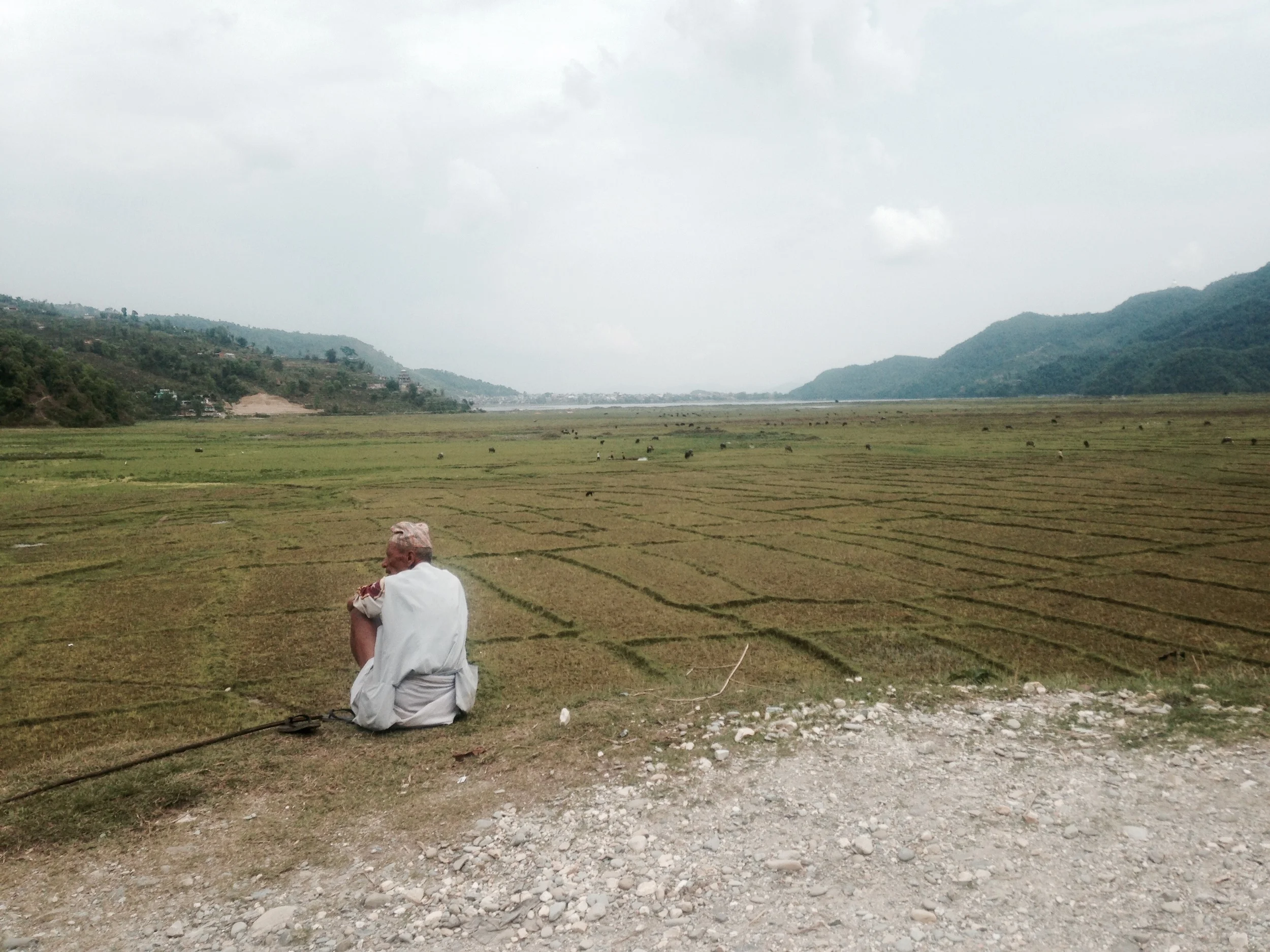Yesterday evening NPR called my cell phone. This was incredible considering that for most of the day, phone lines were tied as people attempted to check in on relatives and friends. My legs were still shaking from the morning's trembles. Hours before, the earth played a cruel joke, pulling me onto an amusement park ride I had no intention of riding and couldn't seem to get off.
Among the questions that followed, "What is it like living there? Is there infrastructure?" made me pause.
We don't have roads. Lives are lost each year to landslides and bus accidents.
We don't have electricity. Every day we suffer through blackouts and must time the charging of our electronic devices to loadshedding schedules.
The government is weak. Our country's constitution has yet to be rewritten following a destructive war that swept the country not so long ago. "Handouts" have become a seemingly accepted part of society, and government officials and high posts seek bribes to do their work.
Most recently, swine flu has run rampant in Jajarkot, and our international airport left thousands of travelers stranded after a damaged plane sat idle on a runaway.
And now this. Over 1,000 people dead, and the number continues to rise. Temples and homes shattered. Lives changed.
So many people are wondering how we will recover, how to help. (Here's a list of vetted on-the-ground organizations.)
"Jai mahakali, ayo Gorkhali!" is the war cry of Gurkha soldiers. Their bravery, strength and resilience has been recognized worldwide. They are known as people who cannot be defeated.
The people of Nepal are tough.
Villages have rebuilt. People in cities look after each other like family. Community efforts take the place of government initiative.
When we rebuild, we build better, stronger.
We may need help, smart help from the international community, help that goes directly to people who need it instead of into the pockets of corrupt bureaucrats, but we will continue. We will rise.
We are Nepal.
